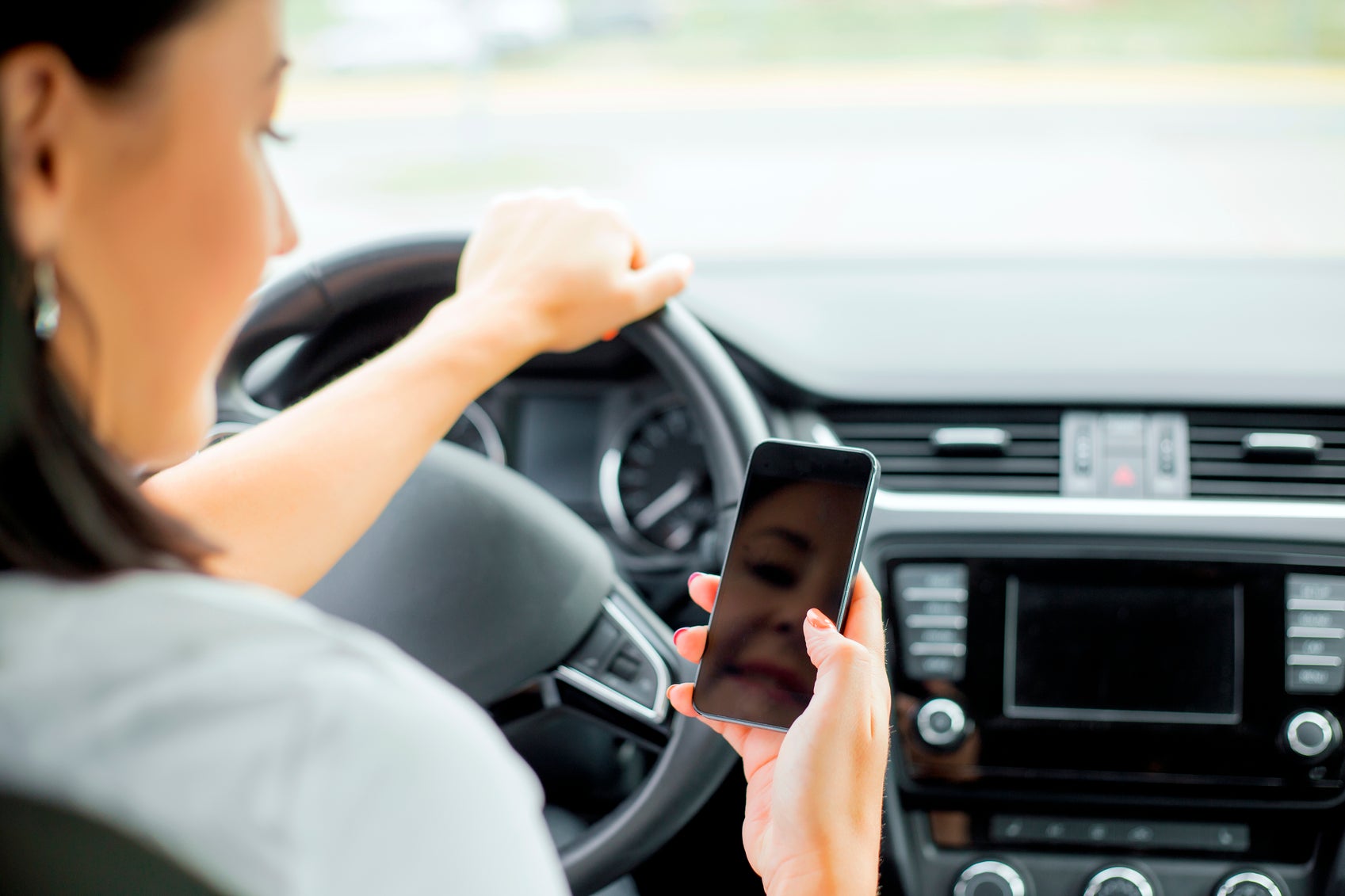Women drivers 'less likely to be distracted than men', study finds
Distractions including mobile phones and car radios blamed for more than 12% of road accidents

Your support helps us to tell the story
From reproductive rights to climate change to Big Tech, The Independent is on the ground when the story is developing. Whether it's investigating the financials of Elon Musk's pro-Trump PAC or producing our latest documentary, 'The A Word', which shines a light on the American women fighting for reproductive rights, we know how important it is to parse out the facts from the messaging.
At such a critical moment in US history, we need reporters on the ground. Your donation allows us to keep sending journalists to speak to both sides of the story.
The Independent is trusted by Americans across the entire political spectrum. And unlike many other quality news outlets, we choose not to lock Americans out of our reporting and analysis with paywalls. We believe quality journalism should be available to everyone, paid for by those who can afford it.
Your support makes all the difference.Women are less likely to be distracted while driving then men, new research suggests.
Young male motorists are more at risk of being distracted behind the wheel, with older women the least likely, a study found.
Driver distractions are to blame for at least 12 per cent of all road accidents, according to separate research published last year, with mobile phones and car radios among the most common.
Age, sex and certain types of personality can increase the likelihood of distraction, academics at Norway's Institute of Transport Economics have now found.
Researchers surveyed 1,100 high-school students and 617 adults in the first study of how drivers' personal traits are linked to distraction.
"I found that young men were among the most likely to report distraction," said researcher Ole Johansson. "Others more prone to distraction include those who drive often, and those with neurotic and extroverted personalities."
People who felt distracted driving was more socially acceptable or largely beyond their control were also more likely to report distracted driving.
Mr Johansson said the findings, published in the journal Frontiers in Psychology, suggests "tailored interventions" should be used to reduce driver distraction among at-risk groups.
Previous studies have found that being distracted for just two seconds dramatically increases the risk of crashing.
More than a million people are killed in road accidents across the world each year, according to the World Health Organisation.
Join our commenting forum
Join thought-provoking conversations, follow other Independent readers and see their replies
Comments